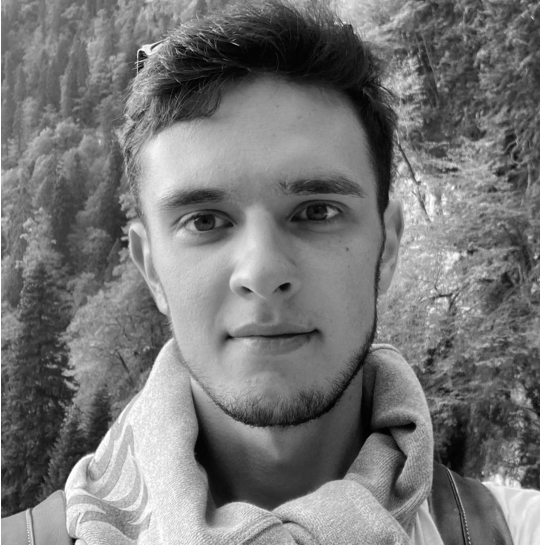Tatars in Russia: History and Challenges
by Dajan Kantimerov
 Tatars are by far the largest minority in the Russian Federation. There are 5,310,649 Tatars in Russia. The greatest
Tatars are by far the largest minority in the Russian Federation. There are 5,310,649 Tatars in Russia. The greatest
concentration of Tatars is found in the Republic of Tatarstan. The Tatar language belongs to the Turkic language. Tatarstan is a republic in the east-central part of European Russia.
The Tatars in Russia trace their ancestry back to the Golden Horde, a Turkic tribe led by the Tatars that ruled over Russia starting from 1237. The end of Tatar rule in 1480 marked a shift in power to the Russians and the Tatar Khanates of Kazan and Astrakhan fell to Ivan the IVth. Following this, Tatars in different regions of Russian Empire, such as Crimea, Siberia, Lithuania, developed separately, with limited connections between their communities.
In the Russian Empire, the Volga Tatar elite played a significant role in Russian Islam and assisted in the incorporation of other Muslim regions into the Empire. This led to the emergence of a prosperous Tatar merchant class, high urbanization rates, literacy, assimilation, and a mobilized diaspora throughout the empire. However, the mass of Tatar population faced harsh measures, including forced conversion from Islam to Christianity, and they were involved in several revolts against Russian domination.
Following the Bolshevik Revolution, the Tatars were promised their own republic, which led to the establishment of the Tatar ASSR in 1920. Perestroika in the late 1980’s contributes to the revival of Tatars’ nationalism, and Tatarstan declared sovereignty in 1990. A referendum held in 1992 showed widespread support for transforming Tatarstan into an independent republic. Although Tatarstan didn’t sign the federation treaty, a historic power-sharing agreement was reached with Moscow in 1994. However, the agreement didn’t recognize Tatarstan as an independent entity in international law.
In recent years, tensions between Tatarstan and Moscow have arisen due to discussions on potential mergers of ethnic republics and debates over Russian national identity. Moscow has sought to exert greater control over Tatarstan, abolishing republican legislation, contradicting federal law and altering the ethnic composition of the republic legislature. Russian authorities have cracked down on freedom of expression and assembly, including demonstrations in Tatarstan advocating for sovereignty, education in the Tatar language and the release of Tatar
activists imprisoned for criticizing Russian policies.